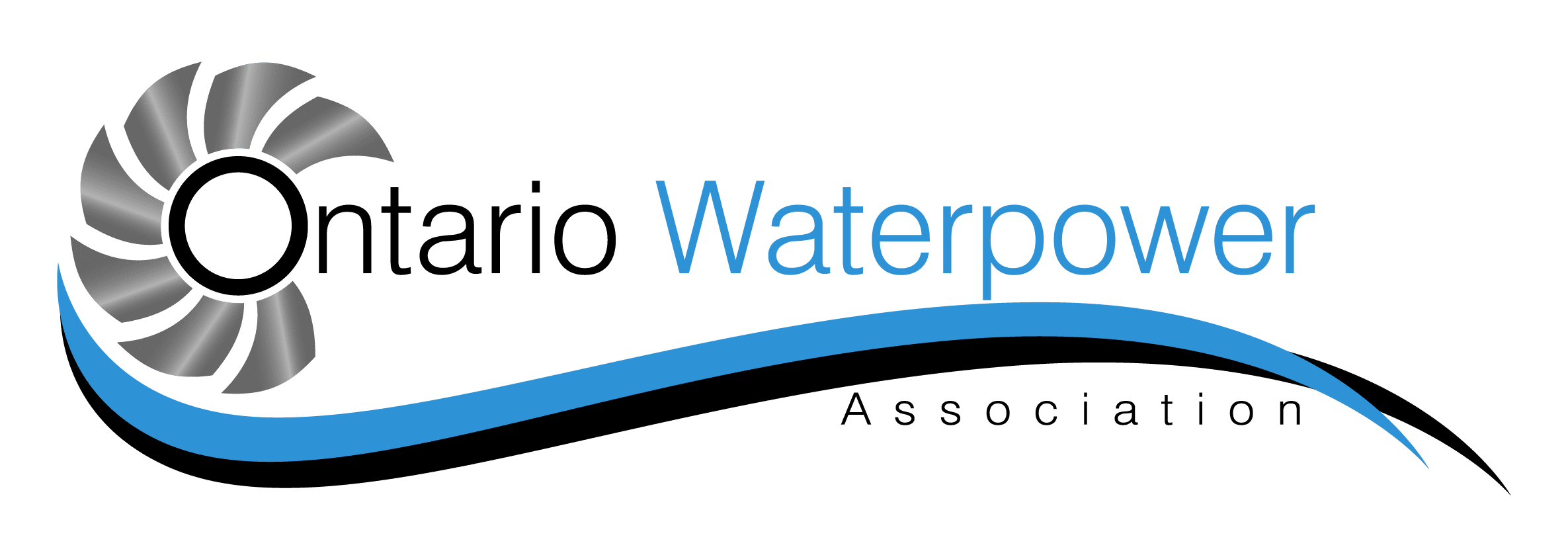4,000 – 5,000 MW of Untapped Waterpower Potential Confirmed
February 13, 2023 – Peterborough – Today, the Ministry of Energy released a report prepared by Ontario Power Generation (OPG), with input and advice from the Ontario Waterpower Association (OWA) and Indigenous communities who are partners in waterpower projects, focused on new waterpower development opportunities in Northern Ontario. The report confirms that 4000-5000 MW of Made in Ontario waterpower, which is already the backbone of Ontario’s renewable energy supply, is available and can make a significantly increased contribution to meeting the province’s emergent electricity needs and help achieve decarbonization objectives. The majority of this potential (3,000-4,000 MW) is in northern Ontario.
“This report will serve as a foundation for the development of a strategy to realize the significant electricity and broader socio-economic benefits of expanding hydroelectric generation, not only in the north, but across the province,” said Paul Norris, OWA President. “I am particularly pleased with the recognition of the important opportunities to build on the industry’s successful partnerships with Indigenous communities.”
“Unlocking potential hydroelectric generation in the north is a clean, reliable made-in-Ontario solution to help meet the province’s growing electricity needs,” said Heather Brown, OPG Director, Hydroelectric Business Development. “We look forward to working closely with Indigenous communities, the Ontario Waterpower Association and industry partners to advance the opportunities laid out in the Northern Ontario Hydroelectric Opportunities Report, ensuring Ontarians have a safe, reliable, and cost-effective electricity grid.”
The report notes that “investments in hydro development would directly benefit the economy with at least 75% of capital expenditures and 90% of lifetime operational expenditures spent in Ontario. Our durable, century old hydroelectric stations also remain the lowest-cost sources of power in the province. Through sustaining capital investments, hydroelectricity is also the only generating technology that is renewable, long-lasting and readily available.”
Specific to Indigenous partnerships, the report observes that though every community has unique needs and perspectives on specific projects, all of the Indigenous communities engaged were generally supportive of hydroelectric development, provided it is done responsibly, with environmental protections incorporated, and there is meaningful, early participation, as well as community benefits that further economic and social progress.
“Ontario has a once in a generation opportunity to build more of these perpetual assets,” added Stephen Somerville, Chair of the OWA Board of Directors. “We look forward to working with the government and communities to design mechanisms to encourage and enable early-stage project investment to begin unlocking this potential.”
In May 2022, the OWA commissioned public opinion polling which found overwhelming support for new waterpower development across the province and, importantly, even greater support for development in northern Ontario in cooperation with Indigenous communities. In December 2022, the IESO published a “Pathways to Decarbonization” study that recommended that planning and siting work to identify potential new hydroelectric projects should begin now and that a process should be established to recover pre-development costs for these long lead time projects.
-30-
For more information on the Ontario Waterpower Association, visit www.owa.ca.
Contact:
Paul Norris, President
Ontario Waterpower Association
705-741-9686
pnorris@owa.ca
